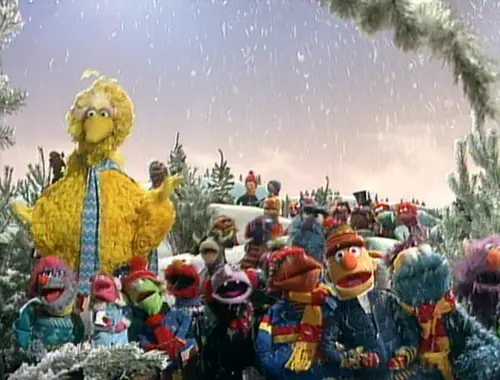The winter holidays can be a fun (and busy!) time of year for many kids and their families. There are lots of opportunities to support language skills during holiday activities while your family is away from school over the holidays. See what suggestions below would be fun and easy for your family to try.
Happy holidays, from the Burnaby SLP Team!
- Take a lot of pictures and look back at them together frequently. This can also be looking back at photos from past holiday get-togethers and activities. Talk about what happened, using a good language model. This can help your child/student know what to expect.
- Prepare for phone calls or Zoom meetings with family by talking about things that happened and practicing sharing. You can also prepare questions for your child to ask others.
- Talk about Small, Medium, and Large problems that could happen around the holidays and how you can keep calm and solve them.
- Discuss options of things your child can do to take a break if the holidays get overwhelming. Make a picture menu of choices. You can make one for your whole family and model using it also!
- Read books together about your holiday and traditions.
- Do holiday crafts or baking together. Talk with your child about what you are doing, and include the steps (e.g. “Let’s make a card for your grandma! First I draw a picture, then I write the name, then I put it in an envelope, last we send it!”).
- Sing holiday songs and pause before a key rhyming word to allow them to fill it in to support their phonological awareness skills. You can also make a game of practicing rhyming other holiday words (e.g. light, night, fright, tight, bite).
- To build vocabulary and categorization, try thinking of holiday words with your child, taking turns and supporting as needed. You can ask: “What are some things we see during the holidays?”, “What are some things we smell?” etc.
More ideas:
https://childspeech.net/holiday-speech-therapy-tips/
https://blog.expressable.io/holiday-themed-speech-therapy-activities-to-practice-at-home/
https://supersimple.com/article/fa-la-la-la-language-activities-for-christmas/
